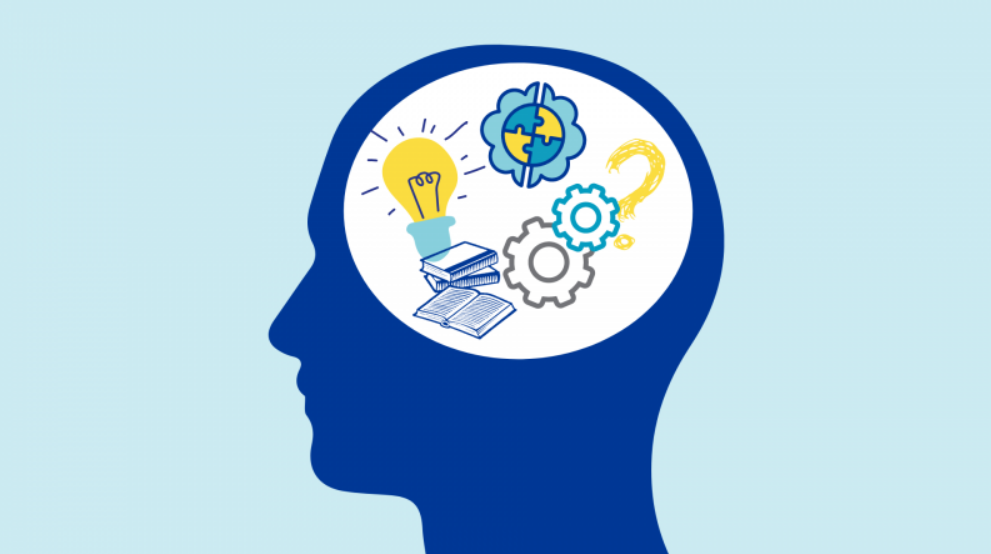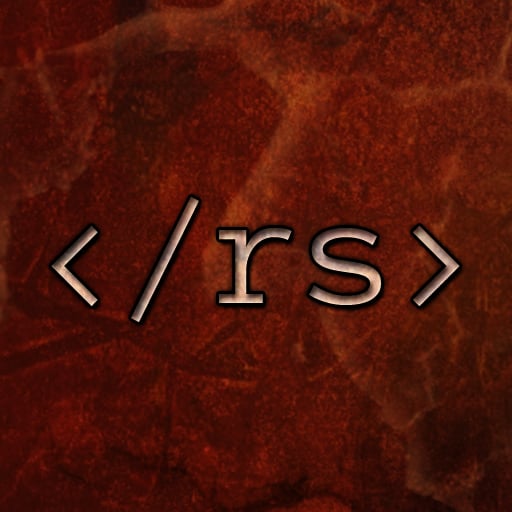In my ever-ongoing struggle to disentangle myself and my family from our corporate overlords I have gleefully dived into self-hosting and have a little intranet oasis available; media, passwords, backups, files, notes, contacts, calendars – basically everything I needed the Big G suite for at one point, I’m hosting locally, and loving it. But Unfortunately… my ISP can be shitty. Normally its’ fine and no complaints, but every now and then the network itself goes down for maintenance for a few hours, half a day, a day. When those outages happen even though I have a battery backup/generator, I’m basically stuck treading water, unable to even listen to podcasts. I’m wondering what the folks here’ have as a contingency plan for these kinds of outages. Part of me is considering pricing out some kind of VPS for barebone, password manager, podcast player, notes etc for outages; but I haven’t dipped my toe into that world yet. Just wondering what folks are doing/recommending/
Lots of beer and a book
Coffee and any of my Chinese handhelds DS/PSP!
All services which I need access to when I’m not home I host on a vps. All services which need lots of storage, I host at home.
Yes seems very reasonable. I like keeping things in silicon I can touch… but I may need to look into a remote solution for some essential services
I plugged a mobile stick into my FritzBox and use cellular. I only tested this, never actually needed it.
Reading a book. 😊
Most underrated solution!
Bliss…
My goal is to set up my services so that they can mostly live with limited connectivity. Because either my phone has no internet or my at-home ISP craps its pants, but either one will happen sometime.
So it’s more about being able to gracefully resume than “perfect access”.
In other words: if something stops syncing or I can’t access some specific service that’s mostly acceptable to me. What isn’t acceptable is if the syncing got into a state that needed intervention to fix or one of my services didn’t come back when service is restored.
So in a sense resilience is more important than 100% accessibility.
The small number of exceptions (mostly password saves and other minor bits) I make sure to actively sync to my personal devices so that if my selfhosted stuff goes away I’m not 100% stranded.
Would a sim backup not solve this? Could be in a router, could be in an old phone
Sorry could you elaborate? I feel like there’s an obvious solution staring me in the face but I don’t know enough to know what I don’t know.
Sim card. Mobile internet. Tmobile, verizon, att in US, vodafone and the like in Europe. My ISP router has a slot for it, some 3rd party ones do, too.
You could also hook a phone up to be a secondary wan in your firewall. I’m assuming you’re running something like opnsense, openwrt or the like, here.
Oh! Yeah I’ve got some openwrt setup on my router, haven’t checked my isp modem for a SIM card slot though I doing recall seeing one. Do you know if there is a way to configure it so that it only handover to the sim if the isp goes down?
Amazing. Thanks
They mean using something with a cellular radio. A router, or a tethered cellphone.
🤦♂️ That could work! Data sims are cheap in my country, and yeah I might have an old phone I could use as a hotspot. I wonder if I could configure it so that it comes in only if the isp network drops. I’d also want some roles in place so that the data isn’t accidentally scarfed down by a hunger download…
Perhaps there’s a way to do this via hotspot, but I meant tether via physical connection to the router. Some routers do offer failover to secondary networks. Possibly with qos to prevent scarfing, as you put it ;)
Thanks I’ll take a look at the back of the router to see what I/O im working with.
On most consumer level routers the hardware is unlikely to be the restricting factor, but the software could quite possibly not allow that option.
If you could (and are willing to!) flash something like OpenWRT (or DD-WRT, I haven’t used either one in a long time) onto it, then you could potentially unlock the full potential of the router.
Yep long ago flashes OpenWRT Merlin on my router. I’m not sure if there’s a slot for SIM cards though is the problem.
Cries in rural
If you are hosting everything, why do your need your ISP? Is it for access to your home services outside your home?
Yes, several dozen services are exposed bids cloudflare tunnels. Passwords, media, podcasts, notes, calendars etc. need to bed and to access those while out and about.
Is it something you can address with your ISP?
Changing ISP is just not an option for most people. Sometimes a different class of service will Improve link reliability.
The other thing you could consider is some kind of mobile hotspot.
This probably doesn’t help you unless a competing provider is available to you, but I pay for business class internet just to avoid that issue. I pay double over residential rates, and it’s slower, but I get five static IPs and it’s rock solid uptime and latency because I get QoS’d over all my neighbors. It’s been down for more than an hour only twice in 17 years, and both times were due to cable cuts by construction work in my neighborhood. Even on those cuts my service was restored within 4-6 hours. I get better tech support, and a 4 hour response time for ANY tech issue with the service.
It’s one of the few times I’ve seen that “you get what you pay for” rang so true.
Whos your ISP? Sounds like the Virgin package i had but i dont remember it being that much more expensive than their residential package and im sure I had fairly comparable speeds. I had 350 down 20 up for about £50 about 3 years back
You probably won’t believe this after all the good things I said, but it’s Comcast. I usually leave that part out when I tell people my experience because they don’t believe it. But I’ve found there’s a world of difference between the residential and business experience with them. I absolutely would not use them for residential class service after things I’ve heard.
I set up a backup cell connection to my cable internet connection. Sketchy Chinese 4G LTE modem. My router was a DIY job I set up off of Ubuntu Server. Everything ran to a Cisco switch and then was VLAN isolated. For the two WAN connections, I ran scripts from the router that periodically tried to reach out to several DNS providers and then average response rates to determine if the main connection was up. If not then it would modify default routes and push everything to the cell.
The cell connection had pretty low data cap, so it was just for backup and wasn’t a home style plan. I used the old TTL modification trick to get it to pass data like a phone. When I moved the backup to 5G, TTL modification stopped working and I had to resort to creating tunnel interfaces to an actual phone. Since that tunnel is limited in bandwidth to the lowest value, my speeds were really cut in half.
so most of the time if your ISP goes down power is also out so cellular service might also fail because ether the power outage or high usage by useres using it as backup maybe Starlink? as it’s not affected by your local power grid
I never had a power outage where I live, but internet fails from time to time.
Depends on the country / provider. Many cell companies provide battery backup & even gas generators
Just realised the residential package came with phone and tv so that probably makes up the price difference
Acronyms, initialisms, abbreviations, contractions, and other phrases which expand to something larger, that I’ve seen in this thread:
Fewer Letters More Letters CGNAT Carrier-Grade NAT DNS Domain Name Service/System HTTP Hypertext Transfer Protocol, the Web IP Internet Protocol NAT Network Address Translation VPN Virtual Private Network VPS Virtual Private Server (opposed to shared hosting)
6 acronyms in this thread; the most compressed thread commented on today has 7 acronyms.
[Thread #148 for this sub, first seen 19th Sep 2023, 08:45] [FAQ] [Full list] [Contact] [Source code]
Good bot
I have two internet connections - one is fiber and the other is cable. My cable is the backup connection and is a lower tier offering with a 1.2 TB/month cap while my primary fiber is 1gig symmetrical with no data cap. I use pfsense to handle failover in case of an outage.
If the internet or power goes out I read a book.
I’ll make sure to dot hat when I need access to my essential passwords during an internet outage. Thanks. Truly helpful beyond words.
That’s one of the reasons why my essential passwords are in a KeePass file that gets synced to my primary devices. Even if I completely loose access to my servers/accounts/… I will still be able to access them.
deleted by creator
He has actually a point. You need access to your services for which purposes? As long as you are @home, you have access to your services (but those cannot reach outside). You can still browse your photos and likes.
If you are out, it’s easier to get a copy of what you need on your device (e.g. passwords) than set up a backup internet connection. (IMO, at least)
The guy gave you a very valid answer. You asked what people do when the Internet goes out, not how they access passwords. No need to be rude
If it’s self hosted, what do you need the Internet for? You host the master copy locally.
deleted by creator
Why post an open ended question and then be a dick when someone answers?
It’s never too late to apologize.
I’ve been considering pulling the trigger on a cellular home network as backup. At least in the US you can get cellular home internet service as an add on to your cell phone bill. It would be significantly slower than my primary service, but seems like it would be a reasonable backup to avoid completely losing internet due to maintenance or general bad stability.
If everything is local it doesn’t matter if your ISP goes down, it’ll all work fine.











